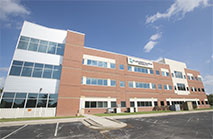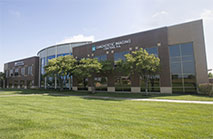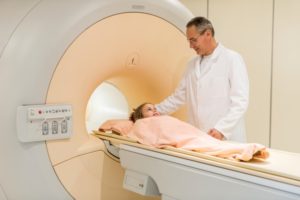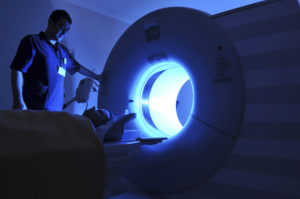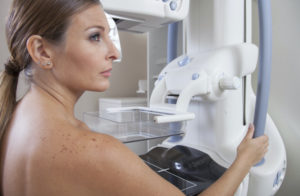Non-Modifiable Risk Factors: Taking the Reins on What You Can’t Control
 Knowing your breasts includes knowing your breast cancer risks. When it comes to risk factors for breast cancer, there are ones which are modifiable (like maintaining a healthy weight, not smoking, and others) and others we can’t do a thing about.
Knowing your breasts includes knowing your breast cancer risks. When it comes to risk factors for breast cancer, there are ones which are modifiable (like maintaining a healthy weight, not smoking, and others) and others we can’t do a thing about.
Non-modifiable risk factors for breast cancer mean risk factors you cannot do anything to change. You can’t change your age or family genetics at-will. This should not lead to a sense of doom or powerlessness: you CAN be proactive about monitoring your health by KNOWING your risks.
Knowing your risks allows you to be appropriately vigilant about your health. Knowledge is power.
So what are some of these non-modifiable risk factors to know about?
Gender is straightforward: men rarely get breast cancer (but note this is not NEVER). Being female is a major risk. Aging is also a risk factor, with the incidence of breast cancer increasing after the age of 40 and going up every year after that until around age 80. Family history is a risk factor, but only in a small percentage, around 10-15%, of breast cancers. This can include genetic changes such as mutations in the BRCA 1 and 2 genes, or can be from other not yet named genetic factors.
Ethnicity plays a role in some breast cancers with women of Ashkenazi Jewish descent having greater risk of having breast cancer. In addition, breast cancer is more common among Caucasian women than in African American women, but does show up in more aggressive forms in African American women.
The amount of estrogen in your body over time makes a difference – early menarche (the age at the start of menstruation) is a risk factor as is late age of menopause.
These are some of the factors to consider when assessing your personal risk for breast cancer. Knowledge and being proactive are key. Control what you can: don’t smoke, get plenty of exercise, have regularly scheduled breast exams. And for everything else, inform your doctors and be vigilant of changes.
Image credit: Polo 070922 16-crop2 by Una Smith via Wikimedia Commons Copyright Creative Commons Attribution-Share Alike 3.0 Unported, 2.5 Generic, 2.0 Generic and 1.0 Generic license
Originally published 2/25/14 on mammographykc.com.
